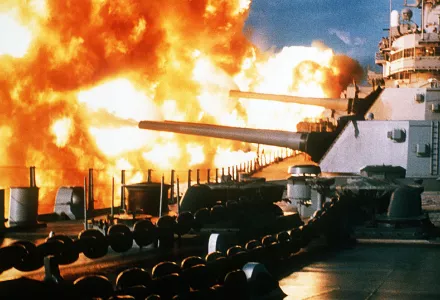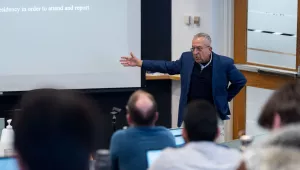Warkeeping: Intervention in Lebanon, 1982–1984
Emily Whalen, Ernest May Fellow in History & Policy, International Security Program
This presentation examines a period of direct U.S. participation in Lebanon's war, the eighteen months during which U.S. Marines were deployed in Beirut as part of a Multinational Peacekeeping Force (MNF). Existing scholarship on the MNF intervention in Lebanon tends to focus on the infamous barracks bombing of October 1983, overlooking how the securitization and militarization of U.S. policy in Lebanon changed both the Lebanese state and the U.S. foreign policy process. Juxtaposing discussions in Washington with events on the ground in Beirut during the months preceding the barracks bombing, this presentation uses the intervention in Lebanon to cast light on the relationship between intentions and outcomes in U.S. foreign policy.
Please join us! Coffee and tea provided. Everyone is welcome, but admittance will be on a first come–first served basis.




